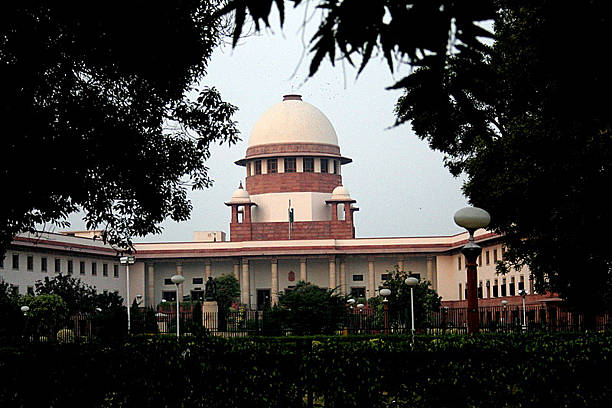
The Central government of India in the case Ram Ramaswamy And Ors. v. Union of India And Ors observed and has filed a reply to the plea by a group of researchers and academicians wherein seeking directions for governing investigating agencies regarding examination, seizure and preservation of personal electronic and digital devices and their contents. The Court while objecting to the return of electronic devices and personal digital which belongs to academics, it has been stated by the Centre that there can be no blanket orders for returning seized devices which are under investigation.
However, it has been submitted by the Centre that the accused may be allowed for seeking the cloned images of the hard drive of the devices which have been seized by the investigating agency under Section 451 of the Code of Criminal Procedure, and the appropriate cases. Further, since the degree of sensitivity varies in different cases, it has been submitted by the centre that a blanket order, wherein seeking to return all devices would not be appropriate. It was observed that as per the centre, the right to privacy is being implicit in the concept of individual autonomy and liberty, it is not an absolute right and is subjected to restrictions which is based on compelling public interest. It has also been stated that the vast majority of the apprehensions which is being raised by the petitioners had been noted and can be addressed by adherence to the CBI Manual, 2020. Adding to it, it was stated that most of the agencies had the procedural SOPs in relation to the subject matter and the CBI Manual dealt in relation with the subject of digital evidence and has designed a procedure along with safeguards which were in tune with the constitutional and statutory provisions of the country. Further, the Centre stated that the uniform guidelines for all law enforcement agencies could only be issued with all stakeholders after a wider consultation which includes the States, wherein considering the federal structure and the entries which is being stated in the 7th schedule.
Accordingly, a cost of Rs.25,000 has been imposed by the court on the Centre for failing to file the counter-affidavit.